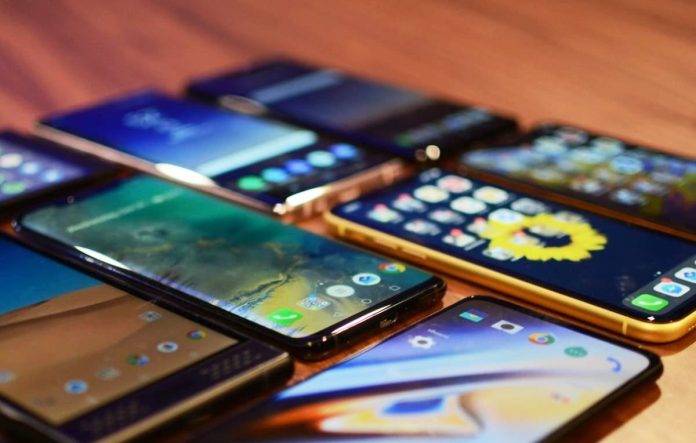The tax imposed by the Pakistan Telecommunication Authority (PTA) on smartphones is expected to undergo a substantial reduction. This news comes as a relief to many consumers who had been burdened by the high tax rates previously implemented by the government.
Under the previous tax structure, the government had set a tax limit of 50,000 PKR on smartphones. However, according to a recent case study conducted by the Federal Board of Revenue (FBR), this tax policy resulted in the generation of a staggering 80 billion PKR in revenue. Nevertheless, with the recent increase in the PTA tax, the revenue has been reduced to a mere 10 billion PKR. This decline can be attributed to the reluctance of consumers to pay the exorbitant taxes on smartphones.
Many individuals who were previously willing to comply with the PTA tax regulations are now refusing to do so due to the significantly higher tax rates. The abrupt shift in consumer behavior has raised concerns within the government and prompted discussions regarding the possibility of reducing the tax burden in the upcoming budget.
The imposition of high taxes on smartphones had a direct impact on the affordability and accessibility of these devices for the general public. The increased tax rates resulted in inflated prices for smartphones, making them less attainable for a large segment of the population. Consequently, the reduction in tax rates is expected to alleviate this financial strain on consumers, making smartphones more affordable and accessible.
The government recognizes the importance of smartphones in the digital age and their significant role in promoting connectivity, access to information, and economic growth. By revising the tax structure, the government aims to strike a balance between generating revenue and ensuring that smartphones remain affordable for the masses.
While the specific details regarding the reduction in PTA tax rates are yet to be announced, industry experts and analysts are optimistic that the upcoming budget will feature a decrease in smartphone taxes. This move is seen as a positive step towards promoting digital inclusion and facilitating the growth of the telecommunications sector.
Lower smartphone taxes will not only benefit individual consumers but also contribute to the overall development of the digital economy. Increased smartphone penetration can drive innovation, support e-commerce, and enhance connectivity across the country. Additionally, reduced tax rates are expected to discourage the gray market for smartphones, encouraging consumers to purchase devices through legal channels.
The government’s willingness to reconsider the tax structure demonstrates its commitment to facilitating a favorable business environment and encouraging technological advancements. The potential reduction in PTA taxes on smartphones aligns with the government’s vision of a digitized Pakistan and reinforces its dedication to fostering a progressive and inclusive society.
In the light of above conditions PTA Tax likely to reduce Over 40,000 on iPhone 14 series and similarly other mobile phones can see major drop in PTA Tax Prices.


